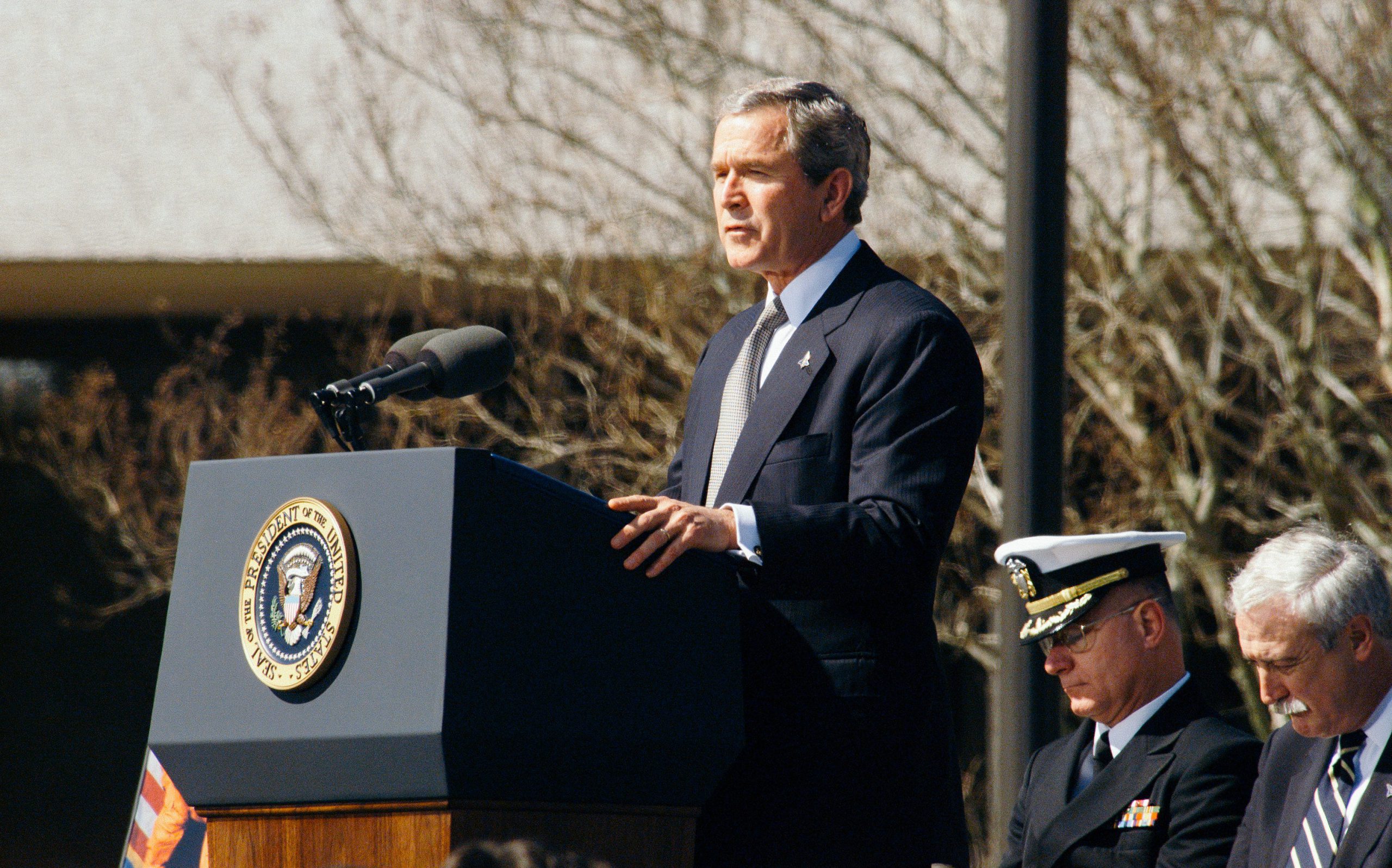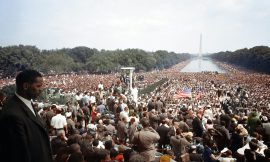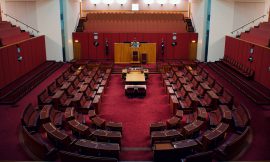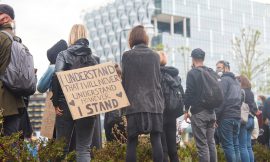Democracy within the United States is carried out through the election of public officials as well as the power balance between both the executive, legislative, & judicial departments of government. Because each branch is held responsible to the others, no one branch of government has complete authority.
When a bill is drafted and passed by Congress, the President must sign it into law as head of the executive branch.
Any bill can be vetoed by the executive branch thru the President. The legislative branch can override a presidential veto with a two-thirds majority in both chambers of Congress.
Supreme Court justices have the power to reverse any statute passed into law and signed by the legislature.
The executive & legislative branches are chosen by the people, and the members of a judiciary are appointed by the executive branch and confirmed by the legislature.
The presidential election is the most well-known in the United States. In spite of what many believe, the Electoral System (whose voting is based on the popular vote) is the body that legally elects the President. States elect their legislatures separately to maintain a fair distribution of power. Only a minority of the seats in the Senate are up for election each two years; each state has two senators elected for a six-year term. The number of seats in congress allocated to each state varies according to its population. Since California has a larger population than other Western states, it is able to elect more representatives. A ten-year national census is required by constitutional law to determine the population.
Both houses of Congress must accept the president’s selections to an U.S. Supreme Court (the nine-member judicial branch). To ensure that the judiciary is not influenced by short-term political considerations, this appointment has been made permanent.
A Two-Party Government
The United States has two major political parties: the Republican Party and the Democratic Party.
Right-wing conservatives tend to favour deregulation, a stronger military, and a greater emphasis on private enterprise than do Democrats.
Liberal (or “left”) Democrats, on either hand, favour policies that increase social services, preserve the environment, & hold firms accountable to labour.
There is a continuum of thought between the parties, notwithstanding their differences in ideology. There are just two political parties in the United States, in contrast to the majority of democracies. Labour, business, and the environment are only some of the special interests represented by political groupings in multi-party systems. The two parties in the United States have to appeal to a wider demographic in order to win elections in the more generalised American system. To seem “centrist,” both parties strive to strike a balance between conservatism and liberalism. Third-party candidates have a hard time being elected under this system. Third-party candidates, on the other hand, have only been able to win state and local elections. In 1860, Abraham Lincoln became the first third-party president elected by the people. Third-party candidates have begun to impact current elections, which could lead to a reorganisation of conventional political parties in the future.
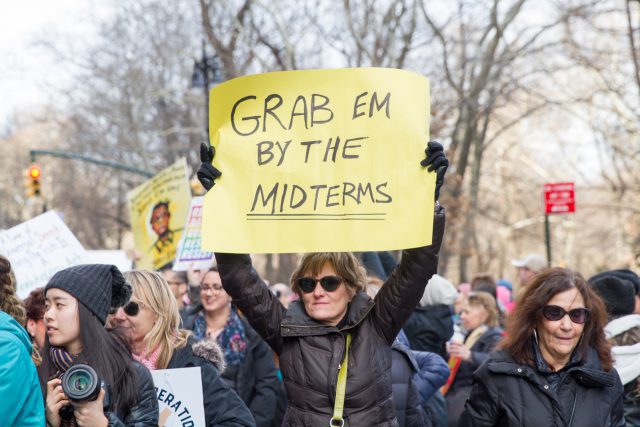
Political action organisations (PACs) and lobbyists (PACs)
Special interest groups should find other ways to be heard within the legislative process without particular representation in numerous political parties. Professional lobbyists are employed by a variety of businesses and organisations to further their interests.
Anyone paid by influencing government organisations, lawmakers, or laws in their customers’ favour is referred to as a “lobbyist.” Often, the legislation that a legislator brings before a committee or the full legislature is written in collaboration with a lobbyist. All kinds of industries and interests are represented by lobbyists. These include health care and insurance companies; tobacco and the environment; women and minorities; education; technology; textiles; and farming. Lobbyists, most of whom are lawyers, are frequently ex-legislators or government officials in some capacity. It was because of its influence & access from previous positions that they are hired by companies and interest organisations. For example, Bob Packwood came to Washington, D.C. like a paid lobbyist for Pacific Northwest economic interests after leaving politics in disgrace after serving as a Senator representing Oregon for decades.
Special interest groups known as “political action committees” (PACs) gather funds to support and influence particular candidates and political parties in elections. The American Medical Association, National Trial Lawyers Association, and National Education Association, or the National Rifle Association are just a few of the organisations that fall into this category. Elections in recent years have shown that these groups are powerful and affluent. Adverts supporting or opposing a candidate’s views or conduct can be run by these groups, who often have more money than that of the candidates. They can also have a significant impact on local or state ballot measure campaigns. PACs are largely to blame for the dramatic rises in campaign spending that have occurred in recent years. Restrictions on such expenditure are increasingly being pushed by a wide range of groups and officials, who are concerned about maintaining a level playing field for all parties involved in the process.
Models of politics based on plurality and power elite
For the study of political institutions, especially in the United States, sociologists use two basic models:
In the Pluralist Model, there are numerous competing interest groups, and politics is a process of negotiating amongst them. Forging coalitions is the key to success in this society, and no one party receives everything they want.
It is argued in the Power-Elite Model that the wealthy, particularly those in industry, government and military, hold the most power. Those who advocate this theory argue that, since power is concentrated within a few hands, the common individual is unable to speak out. Furthermore, they allege that the rivals cited as checks and balances don’t exist.



